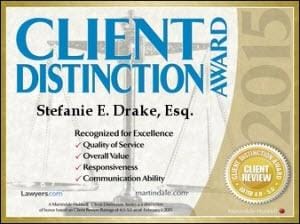As a driver on the roads of Georgia, it is likely that you will always be looking for new ways to improve safety. By carefully analyzing and seeking to improve your habits on the road, you will have a better chance of keeping your children and other loved ones safe while you are behind the wheel.
While obvious indicators of road safety include speed, mental focus and obeying traffic laws, some more subtle factors can also play a big role. This includes types of body language that can be used during driving such as eye contact. The following are ways that eye contact and other body language strategies can be utilized to improve safety on the road.
Making eye contact with pedestrians
Making eye contact with pedestrians potentially decreases collisions at pedestrian crossings. A study conducted to investigate this found that 55% of drivers did not stop at pedestrian crossings ordinarily. However, when pedestrians and drivers exchanged eye contact, 68% of drivers stopped. This data could suggest that eye contact helped drivers to make a more informed decision about pedestrians’ future actions. As a result, overall safety was increased.
Eye contact at intersections
Similar techniques can be made by drivers at intersections. If you are crossing an intersection or attempting to make a left turn, it is of vital importance that you are seen by other drivers. There is no better way to ensure that you are seen than by making eye contact. If you simply presume that the other driver has seen you without making eye contact, you could put yourself and your passengers at risk.
Using eye contact to communicate disapproval
If you see a person using their phone, smoking or otherwise engaging in distracted driving, you may want to express disapproval without becoming distracted yourself. By gaining eye contact, you may be able to make the other driver change their behavior and engage in focused driving.
If you have recently been involved in a collision in Georgia, you should make sure that you gain the insurance that you deserve. The amount of insurance you may be entitled to could depend on the extent of the damages you suffered, as well as the negligence of other parties.


